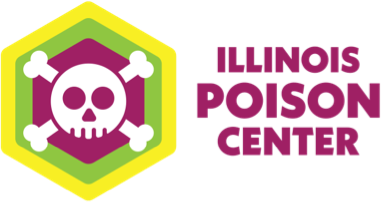Tetrodotoxin
Think twice before purchasing exotic fish: Certain species of fish, amphibian, octopus or shellfish species—especially puffer fish—may contain tetrodotoxin. This rare but serious neurotoxin is also known as fugu poisoning.
Tetrodotoxin poisoning can be fatal in rare cases. IPC urges you to seek immediate medical treatment if you experience the symptoms below.
Symptoms
- Numbness
- Headache
- Sensation of lightness or floating
- Nausea, abdominal pain, diarrhea and vomiting
- Difficulty walking, breathing or speaking
- Extensive muscle weakness
- Convulsions
- Mental impairment
- Irregular heartbeat
- Paralysis
Take caution when purchasing and preparing fish to eat. Consumers should only purchase seafood from reputable sources.
If you suspect you consumed fish containing tetrodotoxin, it’s important to contact IPC. We’ll help identify the source and work with local authorities to ensure the fish is removed from sale to prevent a public health emergency.
How do you get tetrodotoxin?
- Consuming mislabeled fish, usually imported from the Indo-Pacific region
- Eating improperly cleaned or prepared fish, especially puffer fish
- Eating the liver and organs of certain fish, amphibian, octopus or shellfish species
- Consuming puffer fish from an unlicensed vendor
- Note: Cooking the fish does not destroy the toxin.
Seek immediate medical attention if you or a loved one have may eaten fish containing tetrodotoxin. Once you have received medical attention, notify your local health department.
IPC is here to help. Calls to our helpline, 1-800-222-1222, are free and confidential. Toxicology experts are available to answer your questions 24 hours a day, seven days a week.
